I realized a few weeks ago that I had gotten into a terrible habit. Whenever an email notification popped up, I’d stop what I was doing and just take a second to see what it was. The problem was, it never really took just a second. Most of the work that I do takes concentration and thought.
By the time I stopped what I was doing, read the email, usually responded to it, and went back my project, I’d lost the flow.
I had to think about where I’d left off and get back in the groove. Between phone calls, emails, text messages, project deadlines, and just the social nature of the workplace, interruptions can be constant and the pressure to respond to every request immediately is sometimes intense. I’m not alone in facing so many distractions. It’s an epidemic that impacts employee performance, engagement, and company culture in most workplaces these days.
So, I put on the brakes. For one week, I followed NPR’s Infomagical program. The digital detox (funny enough) was delivered in the form of text message linking to a podcast with one goal per day:
- Day #1 – I was challenged to single-task since multi-tasking is actually neurologically impossible… NPR frames this as “stop & shift” and, according to the podcast, people are shifting every 45 seconds these days… How do we get anything done?
- Day #2 – I had to KonMari my phone and get rid of unwanted notifications and apps. I now have only three folders on my home screen. Emergency notifications and text messages pop up, but all other notifications are off.
- Day #3 – I was reminded that I don’t actually have to know everything. Most viral videos, news stories, and newsletters aren’t meant for me and it really doesn’t matter if I’m not in the loop. Do I care what Khloe Kardashian did today? No.
- Day #4 & Day #5 – I admit it. I was too busy to listen to these two podcasts and accidentally deleted them. Believe me, the irony is not lost on me.
I may not have been the best Infomagical student, but a few important things have stuck. I’m taking care of business, but I’m also taking better care of myself and reducing my stress. With no more push notifications on my phone or laptop, I have to actually go get the content I want, so the bombardment is no longer such a big issue.
Most importantly, though, I’m trying to single-task and to stay on course. One step at a time, in the right direction… In an interesting article on information overload and business leaders, Derek Dean and Carolyn Web of McKinsey & Company report, “When we switch between tasks, especially complex ones, we become startlingly less efficient: in a recent study, for example, participants who completed tasks in parallel took up to 30 percent longer and made twice as many errors as those who completed the same tasks in sequence.” That’s not good for anyone: not for me, not for my employer or clients, and not for my family.
Rich Fernandez, writing for the Harvard Business Review, has some ideas for managers to help their employees with the overload in their lives. Among other best practices, he suggests these steps to develop resilience:
- Model and encourage well-being practices
- Allow time to disconnect
- Emphasize mono-tasking for better focus
Fernandez ties this attention to employee well-being to their development within the organization stating “Personal development makes each person, and the entire team, better, enabling higher performance and engagement over time. Doing well at work and encouraging people to feel well isn’t just possible — it’s the foundation of a high-performance team.”
I am finding that the benefits are considerable. Focus allows me to do my job – and my life – to the best of my ability. Not allowing myself to “stop & shift” is reducing my stress and I’m crossing more things off of my To-Do list. I’m better for it and, as Dean and Webb write, “No one would argue that burning up all of a company’s resources is a good strategy for long-term success, and that is equally true of its leaders and their mental resources.”
To get the most out of employees – creativity, accuracy, productivity – turn down the stress, set realistic response goals, and provide opportunities for focused, thoughtful work.
For more on the impact on employee engagement and burn-out, check out our article, The Daily Grind.



